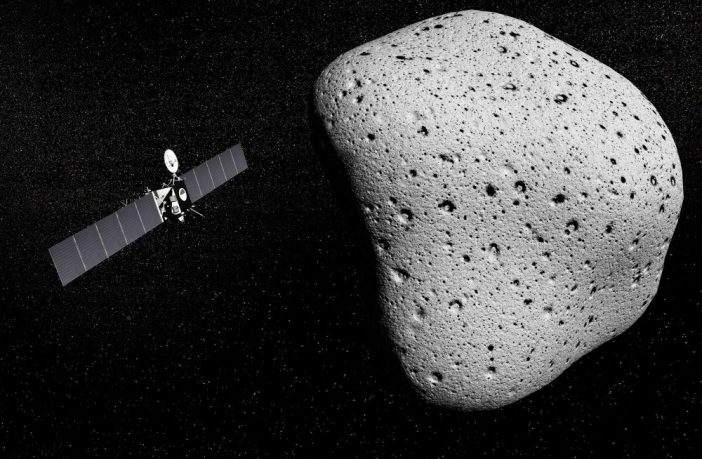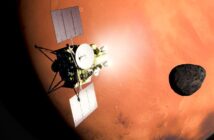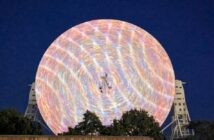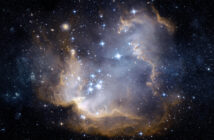The Rosetta Mission will end with a controlled descent to the surface of Comet 67P on Friday 30th September 2016; however, its legacy will live on in applications on Earth, developed by academics at The Open University, including detecting cancer and sniffing out bed bugs.
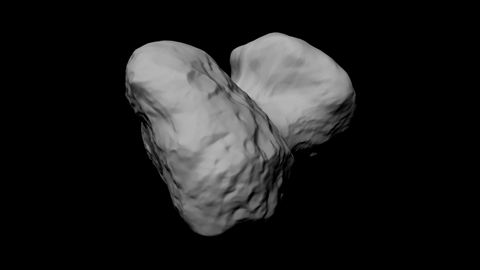
Model of the Comet 67P. Credit: ESA
The European Space Agency (ESA) Rosetta spacecraft arrived at Comet 67P on 6th August 2014, following a 10-year journey through our Solar System. The Philae Lander was sent down to the surface on 12th November 2014, marking the first ever landing on a comet.
The OU legacy from the Rosetta Mission is a mini-research laboratory called Ptolemy. Designed by space scientists at the OU and Rutherford Appleton Laboratory, and led by Professor of Planetary Sciences at the OU, Ian Wright, Ptolemy ‘sniffed’ to detect the isotopic make-up of the comet. Expertise developed for Ptolemy is now being adapted for use in the health sector and commercial applications.
Ptolemy team member and academic lead on space technology transfer activities at The Open University, Dr Geraint Morgan, said:
Missions like Rosetta really push the boundaries of science and engineering. It has been fantastic collaborating on the ESA Rosetta Mission and to apply the technology to change lives here on Earth.
Dr Morgan and his colleagues in Space Science have used Ptolemy expertise to develop a procedure that mimics how dogs smell and is able to ‘sniff’ for cancer. One of the applications being explored is faster, more accurate detection of prostate cancer, one of the most deadly types for men in the UK.
Sniffing for bed bugs
Members of the OU Ptolemy Team have also developed an award-winning analyser to assess the quality of the air inside British submarines and raise alerts if there is a build-up of dangerous gases, such as CO2. Most recently, expertise has been used by perfumeries in Paris to improve fragrances, and is now also being applied by hoteliers to ‘sniff’ for bed bugs.
The real-world applications of the Rosetta Mission are being celebrated during OU Space Month. Dr Morgan speaks about the real-world applications of Rosetta, just one example of how OU space scientists are involved in some of the most challenging and exciting space missions.
